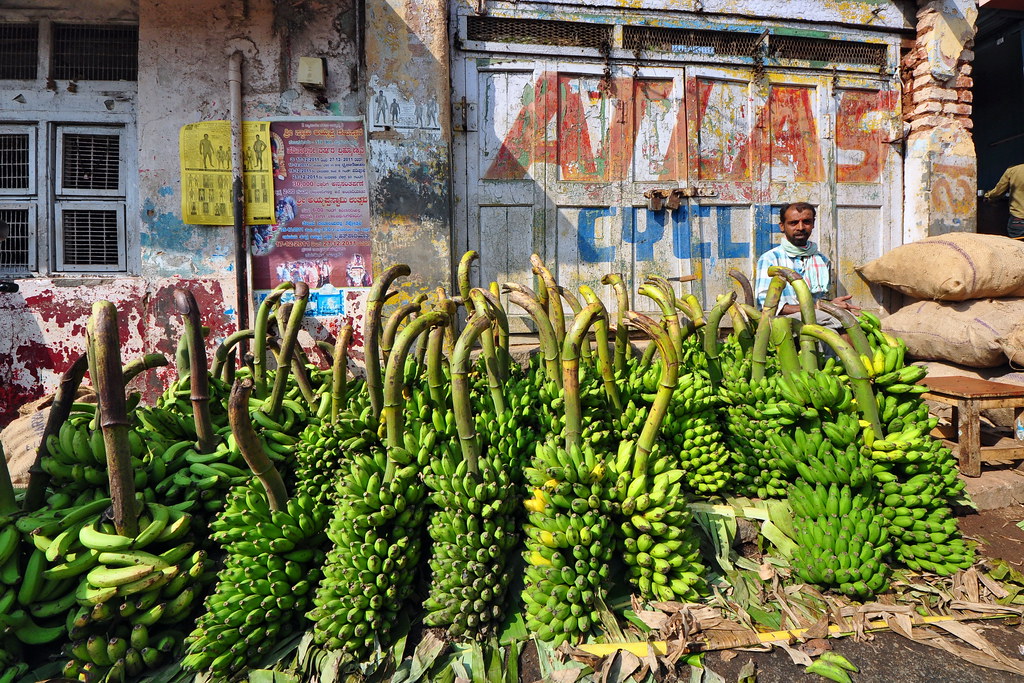Local Rwanda Cuisine | A Taste of Tradition in the Land of a Thousand Hills
Rwanda’s cuisine is a delicious reflection of its land — simple, wholesome, and deeply connected to nature. Known as the Land of a Thousand Hills, Rwanda’s fertile soils and temperate climate yield an abundance of fresh produce, from bananas and beans to cassava and sweet potatoes. The country’s culinary traditions blend indigenous flavors with East African influences, offering visitors a genuine taste of Rwandan hospitality and culture in every dish.
From roadside food stalls and market eateries to elegant restaurants in Kigali, every meal in Rwanda tells a story of community, family, and pride in the land.
The Essence of Rwandan Cuisine
Traditional Rwandan food is built around fresh, locally grown ingredients rather than heavy spices. Meals are often vegetarian or lightly flavored with herbs, reflecting the agricultural lifestyle of most Rwandans. Staples like beans, bananas, potatoes, and maize form the base of most dishes, while meat and fish are reserved for special occasions or shared feasts.
The result is a cuisine that feels comforting, earthy, and nourishing — a perfect introduction to East Africa’s diverse flavors.
Must-Try Traditional Rwandan Dishes
1. Isombe
A national favorite, Isombe is a creamy dish made from cassava leaves, pounded into a smooth consistency and cooked with ground peanuts, onions, and spices. It’s served with rice, plantains, or ugali (a stiff maize flour porridge). Isombe embodies Rwandan comfort food — hearty, flavorful, and deeply satisfying.
2. Ugali (or Kawunga)
Ugali is a staple dish throughout East Africa, and in Rwanda, it’s made from maize flour cooked into a thick, dough-like paste. It’s eaten with vegetables, beans, or stews and is best enjoyed by hand — rolled into small balls to scoop up sauces.
3. Ibihaza
This traditional rural dish is made by mixing pumpkin and beans and cooking them together until tender. The combination creates a sweet, nutty flavor and a beautifully rich texture — a true farm-to-table classic.
4. Akabenz (Pan-Fried Pork)
In urban areas like Kigali, Akabenz — crispy, spiced pork — has become a local favorite. Often served with fries or plantains, it’s a popular dish in social bars and grills. The name “Akabenz” playfully refers to its popularity and quality, likening it to the luxury of a Benz car!
5. Matoke (Steamed Green Bananas)
Matoke, or green bananas, are boiled and mashed to form a savory base served with meat or vegetable stews. It’s a staple dish across the region but particularly loved in Rwanda for its mild sweetness and smooth texture.
6. Ibishyimbo (Beans)
Beans are a cornerstone of Rwandan cuisine and are eaten daily by many households. They’re often simmered slowly with tomatoes, onions, and local spices, creating a simple yet flavorful dish.
7. Brochettes (Rwandan Kebabs)
Perhaps the most popular street food in Rwanda, brochettes are grilled meat skewers — usually beef, goat, or fish — marinated with herbs, garlic, and sometimes chili. Served with fries, roasted plantains, or salad, brochettes are a must-try, especially when enjoyed at a local open-air bar with a cold Primus beer.
8. Ibirayi (Rwandan Fried Potatoes)
Ibirayi are perfectly golden, crispy fries often served with brochettes or avocado salad. Rwandans take their potatoes seriously — they’re fresh, hand-cut, and deliciously seasoned.
9. Ubugali with Isombe or Beans
This combination is a Rwandan staple meal — hearty, filling, and full of traditional flavor. Ubugali (maize meal) paired with Isombe or beans forms the everyday lunch or dinner in many homes across the country.
10. Rwandan Fish Dishes – Especially from Lake Kivu
Rwanda’s western lakes, particularly Lake Kivu, are famous for fresh tilapia and sambaza (small sardine-like fish). Sambaza is lightly fried and served with lemon, fries, and local chili sauce — a delicacy that captures the taste of Rwanda’s freshwater bounty.
Popular Rwandan Drinks
1. Banana Beer (Urwagwa)
Made from fermented bananas mixed with sorghum or millet flour, Urwagwa is Rwanda’s traditional brew. It’s often prepared during celebrations and shared among family and friends as a symbol of unity.
2. Sorghum Beer (Ikigage)
Ikigage is another local drink, brewed from sorghum grains and lightly fermented. It’s a traditional beverage with cultural and ceremonial importance in rural communities.
3. Rwandan Tea and Coffee
Rwanda’s high-altitude tea and coffee are globally renowned. Whether it’s a cup of freshly brewed Rwandan Arabica coffee or a rich Gisovu or Gisakura tea, both offer a taste of the country’s fertile hills. Visitors can even take guided coffee or tea plantation tours to learn how these beverages are grown, processed, and prepared.
Dining Culture in Rwanda
Meals in Rwanda are more than just nourishment — they’re moments of sharing and togetherness. Traditional meals are eaten slowly, often shared from communal dishes, with conversation flowing easily.
In rural areas, hospitality means offering guests food or tea, even if it’s simple. In cities like Kigali, you’ll find a growing fusion of traditional and international cuisine — with restaurants serving Rwandan dishes alongside continental or Asian influences.
Where to Enjoy Local Cuisine in Rwanda
-
Heaven Restaurant (Kigali): Offers a fine-dining twist on Rwandan classics.
-
Kigali Serena Hotel & Repub Lounge: Great for upscale local and fusion dishes.
-
Chez Lando (Remera): Known for authentic brochettes and plantains.
-
Nyamirambo & Kimironko Neighborhoods: Ideal for local street food, markets, and casual Rwandan meals.
-
Lake Kivu Restaurants (Rubavu or Karongi): The best places to try sambaza and fresh fish dishes.
The Flavor of Rwanda
Rwandan cuisine is not about extravagance — it’s about purity. Each dish celebrates the land’s generosity and the people’s warmth. Whether you’re savoring a plate of Isombe, sharing brochettes with locals, or sipping fresh banana beer at sunset, you’ll discover that food in Rwanda is an invitation to connect — to the earth, to tradition, and to one another.





